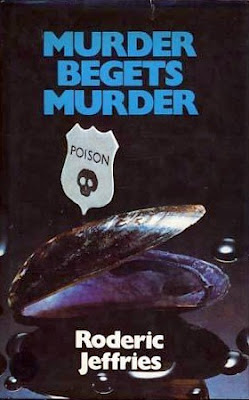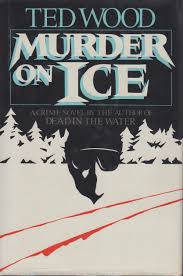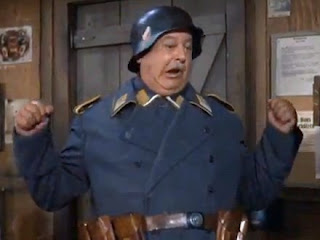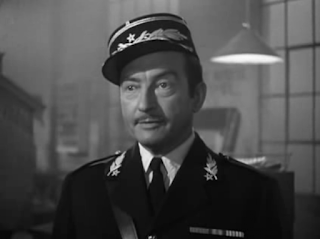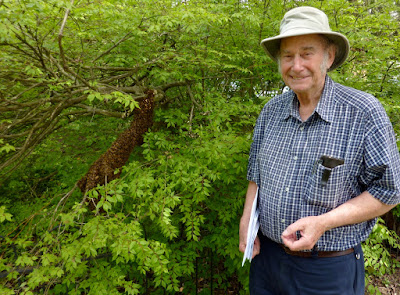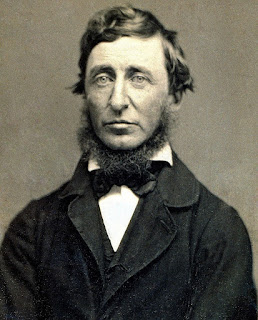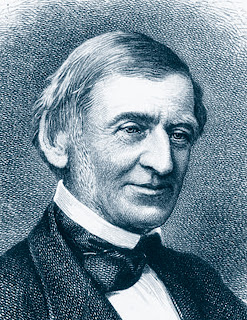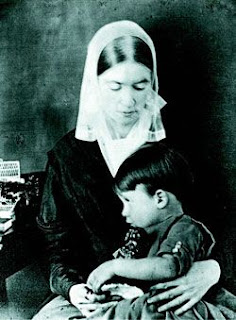'Twasn't
sin that tempted me from the glory of Christianity back in the day,
when, at a tender age in Wisconsin, I began reading a Gideon bible
I'd found in a room of the old hotel my lawyer dad bought to convert
into offices. The hotel had a particular charm, that of having
provided a bed one night for John Dillinger and Billie Frechette on
their way north to Manitowish for a weekend getaway with fellow gang
members at the Little Bohemia lodge--or so old timers who had lived
at the hotel back then and were helping Grandpa with the conversion
claimed. We believed them. I did, anyway...
Where
was I? Oh yeah, I'd taken one of the bibles home, wondering if maybe
Dillinger himself had glanced at it, or, more likely, cursed and
waved his .45 at it. With this hint of cachet about the neglected old
book I started at the beginning, and began reading the goosebumpy
fascinating stuff of Genesis with the familiar names and events in
and out of The Garden, and was feeling a new thrill of wonder and
righteousness. This lasted a few pages until I hit the desert of the
begots:
To
Enoch was born Irad; and
Irad begot Mehujael, and Mehujael begot Methushael, and Methushael
begot Lamech...and
it went on for a while, pages and pages and pages. Names that had
never confronted me before and that I was afraid to try to pronounce
even in my head, and on and on until I began wondering if maybe I had
pushed my barely pubescent sensibility into some dark forbidden
territory and I was going mad and...well, I ran. Ran like hell, I
suppose, in the contextual vernacular, ran as fast and as far as I
could get from the Judeo-Christian history of our species. And I
stayed hidden from it for a long while. A long long while. And this
might explain the second take I took looking at the title of one of
my favorite crime fiction author’s books:
Murder
Begets Murder.
I’d be lying, of course, to say seeing the word begets
on the cover of a book I was about to read come hell or high water
gave me a frisson leap backward of thrilling memory, and I do try
pretty hard not to lie any more, as I subsequently, many years later,
read most of both Testaments, excepting the begots, and consider
myself today what the late Walker Percy called of himself a
“wayfaring Christian.” But just
now it
occurred
to me as a different sort of lead-in to a review of yet
another
of Roderic Jeffries’s three dozen Mallorquin mysteries featuring
the delightfully predictable, lazy, brandy-loving, wily old Detective
Inspector Enrique Alvarez.
As
with a couple of the other Alvarez mysteries I’ve read, the story
begins with Alvarez making only a cameo appearance unrelated in any
way, it would seem, with the murder he eventually must solve. In
Murder
Begets Murder
he's attending the wedding of friends, all local Mallorquins, where he
overhears gossip among the women and reflects on the changing
morality of the younger generation.
“Prosperity
had eased people’s lives, but it had also destroyed some of their
values,” he muses.
“When there had been poverty, families had stayed together,
neighbor had helped neighbor. Now, married children were no longer
willing to have their elderly parents living with them and neighbor
overcharged neighbor.” And at the next table “young men were
flirting with young women and making them giggle and blush.
“Years
ago, men and women never tried to behave like that–and if they had,
the women’s parents would soon have put a stop to such dangerous
nonsense. An illegitimate child was a sin beyond understanding. But
these days, even in the streets of Llueso, one saw slips of women
wheeling prams in which lay their little bastards. They might act as
if it were nothing, but surely in their secret minds they must wish
times had not changed so that they had not been exposed to
temptation.”
Back
at his office, we find him in one of his frequent meditations on life
in general. This scene made me laugh aloud as it endeared me all the
more to this very believable character:
“Alvarez, sitting behind his desk, stared at the shaft of sunshine
coming through the window in which was a
multitude of dancing flecks of dust. It was tiring to watch such
ceaseless activity.
“The
internal phone buzzed. He ignored it and continued to stare at the
dancing dust. Eventually, each single speck would end up on the
floor, lifeless. Most of what a man did during his lifetime ended up
forgotten...eyelids closed...his mind slipped into a delightful
peace. The internal phone buzzed again, jerking him wide awake.
Resentfully, he lifted the receiver.”
The
call comes in Chapter Six with the narrative returning to Alvarez
after having moved away from the wedding scene to concentrate on the
supercilious and licentious concerns of the island’s transplanted
English society. One of the English women has been found dead in her
house, the detective’s unliked and unlikable captain tells him, and
Alvarez leaves his study of dust and slowly hurries to the remote
house to find the badly decomposed corpse. By now we know more about
the woman than Alvarez, as she has been the favorite topic of gossip
among the English expats. Unliked and unlikable herself, she’d been
suspected of carrying on a secret affair while her purported lover
lay abed upstairs apparently dying of some mysterious ailment. When
he finally died, she
gave
the key to a lawyer with instructions to keep the house locked up,
forbidding even the greedy, unlikable landlord to enter until the
lease ran out in a month. The
house was opened when
the month was up, and there she was, dead on the kitchen floor.
The
only clue arousing the detective’s suspicion was evidence the woman
had eaten some clams as her last meal. Alvarez found the shells in
the garbage. He subsequently learned that the woman’s dead lover
had lost his wife supposedly to accidental poisoning back in England.
Bad clams the suspected culprit.
But
murders in Mallorca are rarely what they seem, at least once Alvarez
gets involved. This one’s no different. By now, four books into the
series, I’ve given up trying to guess whodunnit, or why, or even
how. Yet
the
solutions make perfect, satisfying sense once Alvarez unravels the
mystery with his unrelenting pursuit of what seem to be the tiniest
motes of quirky evidence. Alvarez acknowledges the oddness of these
cases, putting the blame squarely on the English themselves.
“Sudden
and unexpected death always raised questions,” he tells us, with a
touch of humor, “but usually these were quickly answered:
the English, though, forever ungraciously awkward, seemed unable to
die straightforwardly.”
Meanwhile
I remained fascinated by the unraveling of his character in matters
uncommon to the stereotypical police personality. Girding himself to
interview a woman who’s husband had just been killed in a
suspicious car accident, he realizes he hates
“himself, his job, and a world in which one person could be so
terribly hurt…Alvarez had never been able dispassionately to
observe another’s grief:
he was far too emotional for that. So to an extent [the widow’s]
tragedy became a tragedy for him.”
The
interview does not go well, and at one point his questions push her
too far. “‘God, I hope one day it happens to you,’ she said
wildly.
“‘Señora,’
he answered sombrely, ‘many years ago just such a tragedy happened
to me.’
“She
put her clenched hand to her mouth and began to cry. In between sobs,
she whispered:
‘Sweet
Mary, I’m sorry.’
“He
went over to her and held her against his side for a moment. ‘Señora,
words are useless, or I would use a thousand. But gradually help will
come through time.’”
I’m
struggling to imagine Dirty Harry or Sgt. Friday in that scene.
[For
more Friday's Forgotten Books check the links on Patti
Abbott's unforgettable blog]
